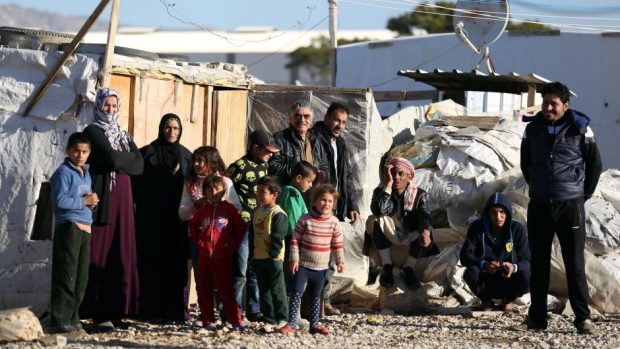UK councils were today accused of not doing their bit to resettle Syrian refugees amid claims Europe’s response to the migration crisis has been “lamentable”.
But the first complete breakdown of the numbers by local authority area – published by the influential Commons home affairs committee – confirmed Scotland had taken in more than a third of the total number.
In a new report, based on a year-long inquiry, the group of MPs warned there was little evidence to show the UK Government was on track to meet its commitment to resettle 20,000 Syrians by 2020.
They also urged ministers to be more proactive in encouraging a fair distribution of asylum seekers throughout the country to avoid a “two-tier” system.
According to the report, of the 1,602 people accepted under the Vulnerable Persons Resettlement Scheme (VPRS) by the end of March 2016, 610 were resettled in Scotland.
Aberdeen City took in 30 individuals, Aberdeenshire 32, Moray 15 and Argyll and Bute 58.
None had been resettled as part of the scheme in Highland, the Western Isles, Orkney or Shetland by that date.
But Highland Council announced in May it had agreed with Cosla to take up to 30 families over the period of the national programme, subject to the confirmation of available housing.
Aberdeenshire is committed to resettling up to 50 families and nine have arrived so far.
Committee chairman Keith Vaz said: “Cabinet ministers should show leadership in encouraging their own local authorities to take their fair share of Syrian refugees.
“We need to avoid silently encouraging a two-tier system.
“Europe’s efforts to address this colossal refugee crisis have been lamentable.”
Former Scottish secretary Alistair Carmichael added: “Brexit should not be used as an excuse not to extend a humanitarian hand to both vulnerable people and our European partners.”
The report concluded the VPRS, expanded by former prime minister David Cameron in September, had started well, but insisted more local authorities needed to contribute to providing asylum accommodation.
A Home Office spokeswoman said the UK Government’s priority was to offer humanitarian support to those most in need while maintaining the security of UK borders, adding it was “on track” to meet the 20,000 commitment.
